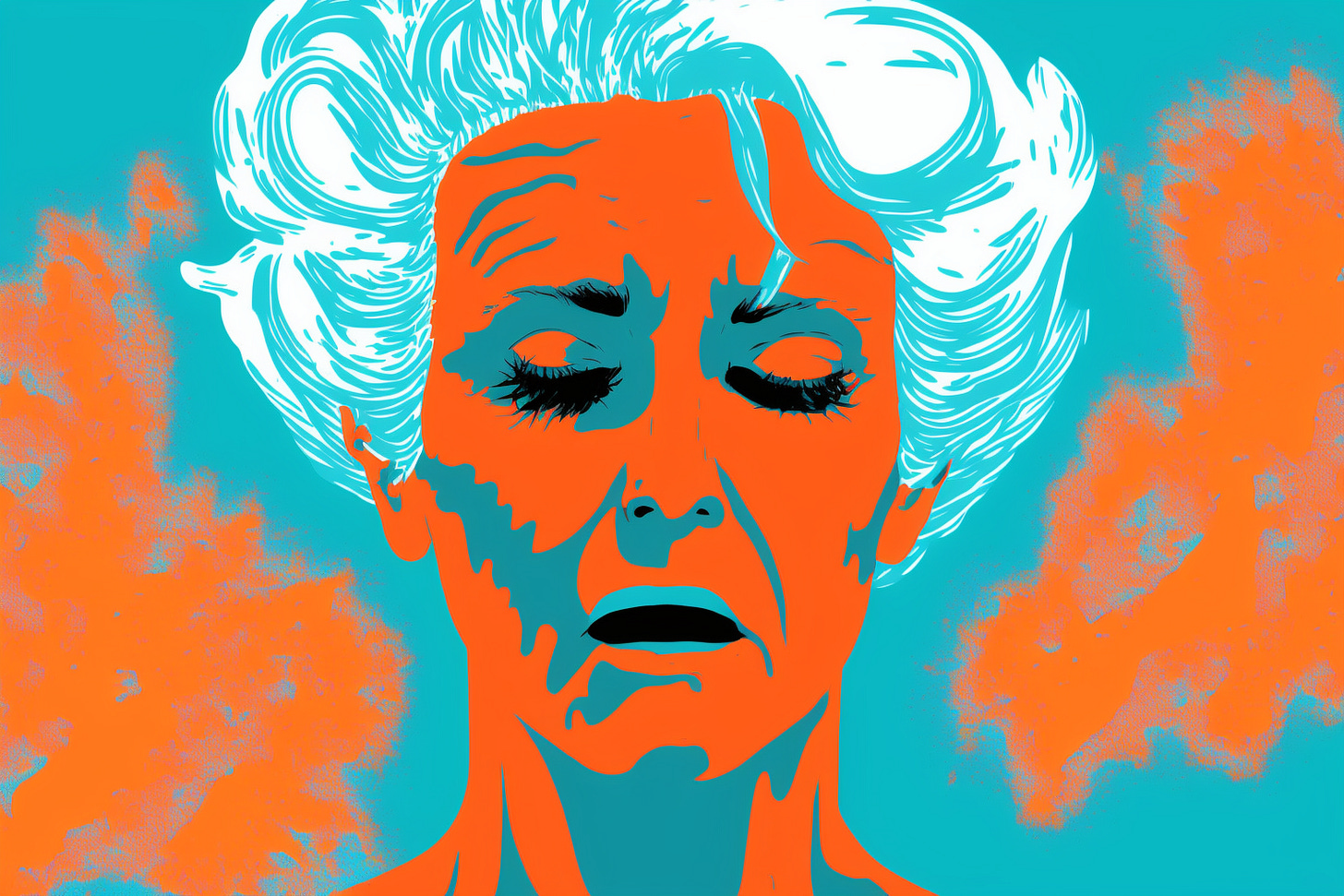How can I Limit the Symptoms of Menopause
Navigating the Menopause Journey: Effective Strategies to Manage and Alleviate Symptoms for a Smooth Transition
Menopause is a natural biological process that occurs in women when they reach their late 40s or early 50s. It marks the end of their reproductive years and is characterized by a significant decline in the production of the hormone estrogen. Menopause can cause a wide range of physical and emotional symptoms, including hot flashes, night sweats, mood swings, and vaginal dryness. Although these symptoms are normal, they can be quite uncomfortable and disruptive. Fortunately, there are several things that women can do to limit the symptoms of menopause and improve their overall quality of life.
One of the most effective ways to limit the symptoms of menopause is to make healthy lifestyle changes. Women who maintain a healthy diet and exercise regularly are less likely to experience severe menopausal symptoms. Eating a balanced diet that includes plenty of fruits, vegetables, whole grains, and lean protein can help women maintain a healthy weight and reduce their risk of heart disease and other chronic health conditions. It is also important for women to limit their intake of caffeine, alcohol, and spicy foods, as these can trigger hot flashes and night sweats.
Exercise is another important component of a healthy lifestyle during menopause. Regular physical activity can help women manage their weight, improve their mood, and reduce their risk of chronic health conditions. Women should aim to get at least 30 minutes of moderate-intensity exercise most days of the week. This can include activities like brisk walking, jogging, swimming, or cycling.
Getting enough sleep is also crucial for managing menopausal symptoms. Many women experience sleep disturbances during menopause, which can exacerbate other symptoms such as hot flashes and mood swings. Women should aim to get at least 7-8 hours of sleep per night and establish a consistent sleep routine. This may include turning off electronic devices before bed, keeping the bedroom cool and dark, and avoiding caffeine and alcohol in the evening.
In addition to lifestyle changes, there are several alternative therapies that can help women limit the symptoms of menopause. Acupuncture, for example, has been shown to be effective in reducing hot flashes and other menopausal symptoms. Acupuncture involves the insertion of fine needles into specific points on the body to stimulate energy flow and promote healing. It is important for women to seek out a licensed acupuncturist who has experience working with menopausal women.
Herbal supplements and aromatherapy are also popular alternative therapies for menopause. Certain herbs, such as black cohosh and red clover, have been shown to reduce hot flashes and other symptoms. Women should talk to their healthcare provider before taking any herbal supplements, as some may interact with other medications or have side effects.
Aromatherapy involves the use of essential oils to promote relaxation and reduce stress. Women can use essential oils in a diffuser or add a few drops to their bath or shower. Some popular oils for menopause include lavender, clary sage, and geranium.
For women who are experiencing severe menopausal symptoms, medications may be necessary to alleviate their discomfort. There are several different types of medications that can be used to treat menopause symptoms, including:
Hormone Therapy: Hormone therapy, also known as hormone replacement therapy (HRT), involves taking synthetic hormones to replace the estrogen and progesterone that the body stops producing during menopause. Hormone therapy can help alleviate symptoms such as hot flashes, night sweats, and vaginal dryness. However, it is important to note that hormone therapy carries some risks, including an increased risk of breast cancer, stroke, and blood clots. Women should talk to their healthcare provider about the potential risks and benefits of hormone therapy before considering this treatment option.
Antidepressants: Certain antidepressant medications can help alleviate hot flashes and improve the mood of women with menopause. These medications work by altering the levels of certain brain chemicals, such as serotonin and norepinephrine, that are involved in regulating mood and body temperature. Women should talk to their healthcare provider about the potential benefits and risks of antidepressant medications before considering this treatment option.
Gabapentin: Gabapentin is a medication that is commonly used to treat seizures and nerve pain. It has also been shown to be effective in reducing hot flashes and improving sleep in women with menopause. Women should talk to their healthcare provider about the potential benefits and risks of gabapentin before considering this treatment option.
Clonidine: Clonidine is a medication that is commonly used to treat high blood pressure. It has also been shown to be effective in reducing hot flashes in women with menopause. Women should talk to their healthcare provider about the potential benefits and risks of clonidine before considering this treatment option.
It is important for women to talk to their healthcare provider about the potential benefits and risks of any medication before considering it as a treatment option. Women should also be aware that some medications may interact with other medications or have side effects.
Although menopause can cause uncomfortable symptoms, there are several treatment options available to alleviate these symptoms. With the right treatment, women can manage their menopause symptoms and enjoy a happy and healthy life.




